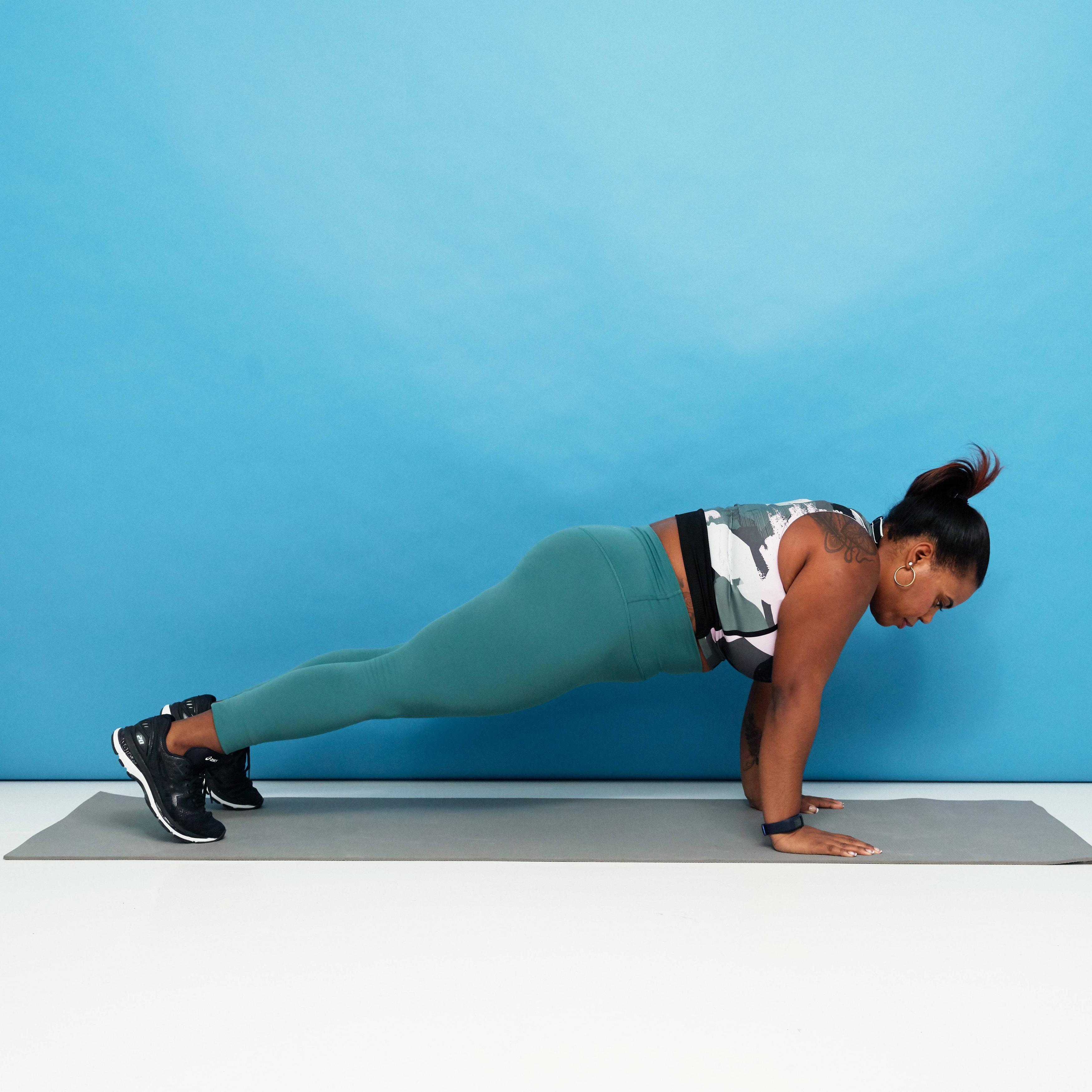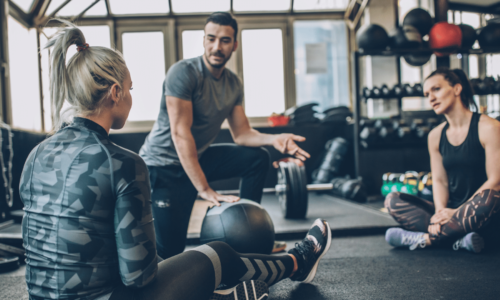
Personal trainers usually earn a 50/50 split of the fees they get from clients. Personal trainers can make up to $30 per hour. The gym keeps half. You should note, however, that any money you earn as a personal training professional must be taxable. Therefore, you should always claim your income from your clients for taxes.
401(k) retirement savings plan
Self-employed personal trainers have a wonderful option: a 401k retirement savings plan. This type of account has fewer options than a Traditional IRA but it still offers many advantages. For example, it allows the personal trainer to contribute a higher percentage of his or her net self-employment income. As a result, your contributions will be tax-deferred for many years. However, withdrawals will be taxed as ordinary income.
A fitness professional earning $50,000 per annum can contribute 10% to their 401(k). If they are able to teach 35 sessions per week at $28, $500 could be contributed each year to the plan. This means that in ten years, they could accumulate $5,500. They can retire with confidence knowing that this money will grow tax-free through retirement.

Hourly rate
A personal trainer's hourly rates can vary depending upon the type and extent of their consultations. Some trainers charge per minute, while others charge an hourly rate. The average hourly rate for a consultation is between $40-$50. The type of consultation you offer, your reputation and the number of clients you have will all affect how much you charge per hour. Some trainers receive up to nine consultation calls per work week. Earn $23,400 annually by charging $50 per consultation call.
You may be able to start your career in the fitness industry at a lower hourly wage if you're new. Although this might not be the best for a start up business, it will give your experience. Personal trainers generally start at around $60 an hour. There are however a few exceptions who earn more than $400 per hour. Before you set an hourly rate, decide how much you would like to take home each year. It is possible to earn more than $50,000 per year as a personal trainer.
Commissions
The compensation for personal trainers will vary depending on their position. One-on-one sessions may earn a trainer more, while group classes may bring in a higher commission. A personal trainer's commission may also be higher if he or she works at a gym and helps promote its memberships.
Personal trainers can charge between 30-60% and 60% for client sessions depending on their education and experience. A few gyms offer incentive programs if the personal coach completes a certain number sessions. On average, the hourly rate of commission is $13 to $20.

Percentage
The nature of the business will determine what percentage personal trainers make. 20% of the revenue will go to overhead expenses, such rent or electricity, as well as salary and wages for managers. There might also be marketing costs and other monthly expenses. A spokesperson can earn you a higher percentage profit.
Taxes
There are two main ways to get paid as a personal trainer. A gym contract is the first. This is where the gym pays a trainer for their use of its facilities and referrals. Another option is to work on your own. This is the most widespread and flexible. While gyms have the option to hire multiple trainers for clients' training, they prefer to work only with one trainer.
A person who works for a gym will receive a higher hourly rate than an independent contractor. Additionally, they might be eligible for a higher level of health insurance copayment than a self employed individual. A 401(k), retirement savings plan may also be available to salaried personal coaches. The 401(k) plan requires a certain percentage of your paycheck to be set aside for retirement, and your employer will match that amount.
FAQ
Do I need to eat before working out?
No. It's not necessary to eat anything before you work out. You might be hungry after a workout, so you may want to snack on fruit or yogurt.
Can I exercise after eating?
It all depends on the type of exercise that you are doing. Avoid strenuous exercises after meals. It could cause stomach cramps. Instead, focus on light aerobic activities like brisk walking or biking.
How many hours sleep should I get each night?
The recommended sleep amount varies based on age, gender, individual needs, and other factors. Adults require 7 to 9 hours sleep per night. Children and teenagers need 10 to 12 hours of sleep per night. As they age, however, this number falls.
What effects does caffeine have on my sleep patterns?
Caffeine affects how long it takes you to fall asleep and how soundly you sleep. Caffeine makes falling asleep easy by causing drowsiness. Caffeine keeps you awake for longer periods of time, making it difficult to fall asleep again. Instead of drinking coffee or energy drinks just before bed, you might consider having them in the evening.
How exercise and nutrition can improve your quality of life
Exercise is a great way to keep fit, lose weight, build muscle mass, and reduce stress. Nutrition is critical for energy and mood. If you want to live longer, eat less meat, drink alcohol moderately, avoid smoking, and do regular physical activity.
What happens to me if I don’t sleep enough?
You can't get enough sleep and your brain will not be able to regulate hormones and chemicals responsible for controlling appetite and metabolism. As a result, your body may become more hungry and can gain weight. Insufficient sleep can lead to stress, which can cause overeating.
Is it safe and legal to exercise in cold conditions?
If possible, go outside. While the air temperature is a major factor in determining whether or not it's safe to exercise outside, it's not the only one. Other factors include visibility, humidity, precipitation and wind speed. Layers of clothing will protect you from rain and wind chill if you exercise outdoors in inclement climates.
Statistics
- An estimated 110,000 deaths per year could be prevented (cdc.gov)
- One study showed that adults who watch more than 4 hours of television daily had an 80% higher risk of death from cardiovascular disease. (heart.org)
- Globally, 81% of adolescents aged 11-17 years were insufficiently physically active in 2016. (who.int)
- Adolescent girls were less active than adolescent boys, with 85% vs. 78% not meeting WHO recommendations of at least 60 minutes of moderate to vigorous intensity physical activity per day. (who.int)
External Links
How To
How to Stay Fit at Age 40
This article guides those who want to keep their body healthy and strong even at 40 years old. This article provides basic information on how to eat well, exercise, sleep well, and take care your mental health. This article contains tips and tricks to live longer, healthier lives.
-
You must eat right - When you want to keep fit, the first thing to do is to eat healthy foods. You should try to avoid processed food products and opt for whole grains, fruits, vegetables, lean meats, fish, nuts, seeds, and beans. Add something to your diet if it isn't what you like. Do not starve yourself, this will not help with weight loss. Instead, add small amounts more variety to your daily menu. Try turkey once a week if you usually only eat chicken breast. Or if you love pasta, try rice occasionally. Make these foods part of your daily routine.
-
Exercise - You should exercise at least three days per week. Ensure you include cardio activities such as walking, running, swimming, biking, dancing, etc. Also, make sure you get enough rest. It is recommended that you sleep for at least 8 hours each night. In addition, make sure you drink plenty of water during the day. Two liters (0.5 gallons), of water should be consumed each day.
-
Sleep Well - Getting adequate sleep is essential to staying fit. According to the National Sleep Foundation adults need 7-8 hours of sleep per day to maintain their optimal physical and emotionally healthy. However, most people average less than 6 hours of sleep per night. If you find that you are constantly tired throughout the day, try making adjustments to your sleeping habits. It is possible to catch up by making adjustments to your sleep schedule, such as waking up earlier or going to bed later. Also, you might want to turn off your phone before bed in order to relax and wind down. Avoid caffeine after noon because it can cause insomnia.
-
Take Care of Your Mental Health. Taking care of yourself is key to maintaining a healthy body. Stress can lead people to have poor eating habits or make poor lifestyle choices. It is important to practice stress management techniques like meditation, yoga, breathing exercises, relaxation, and breathing exercises. Spend one hour doing something you enjoy. This could mean taking a walk outside, playing sports, reading a book, listening to music, watching TV, etc.
The four above points will make you live longer and more healthy. These four steps can help you achieve your fitness and health goals.